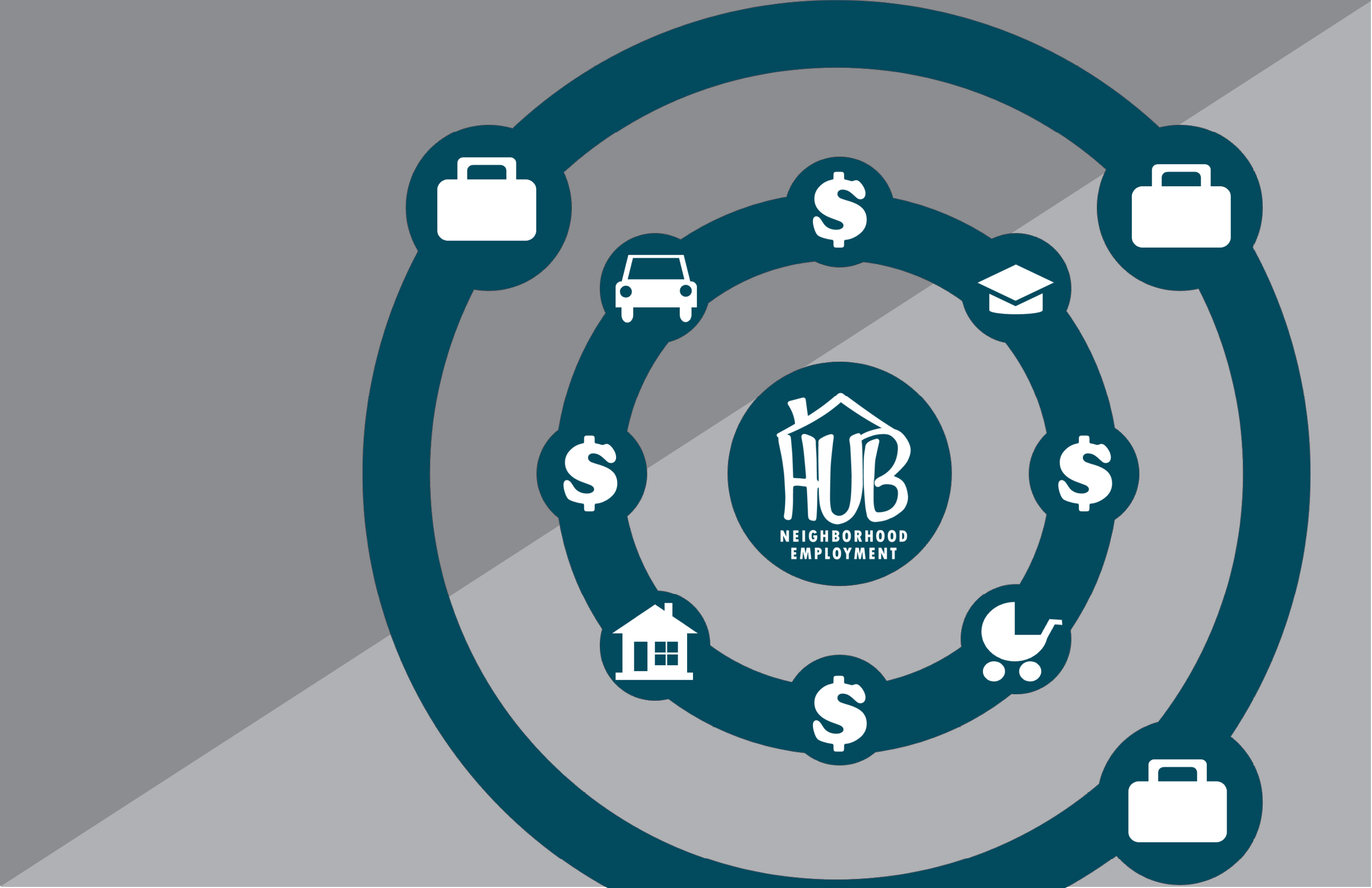Can programs boost community college completion and ROI? These three say: Yes!

Illustration by Kathleen Bolter; photographs by Christina Morillo, Armin Rimoldi, Stanley Morales, and Pixabay via Pexels; and Kenny Eliason via Unsplash.
The persistent issue of low completion rates in community colleges, particularly when compared to their four-year university counterparts, underscores the need for innovative and effective ways to raise these rates. Community colleges are tasked with serving all kinds of students, from dual-enrolled high-schoolers to recent high school graduates, to displaced workers needing to reskill, to senior citizens pursuing personal enrichment. The needs of these diverse types of students are different, and community colleges have limited resources with which to meet them, as they receive much less public funding per student than four-year institutions. Yet the returns to completing credentials at community college can be quite high, particularly in certain programs and for individuals from low-income backgrounds. Having more educated residents in an area can boost earnings not just for the educated individuals but other workers in the area as well.
But improving completion rates is a difficult challenge for community colleges to tackle on their own. For many students, it is not the academics that serve as barriers to completion, but rather life circumstances and understanding how to navigate the college bureaucracy.
Models That Work
Fortunately, several experiments over the past few years have validated a promising approach—that of providing wraparound services targeted to specific groups of community college students. The models highlighted below show different ways for structuring such programs, with an emphasis on programs with multiple funding streams to help balance program costs.
CUNY ASAP (Wraparound services for full-time students who qualify)
The City University of New York’s (CUNY) Accelerated Study in Associate Programs (ASAP) is a comprehensive program designed to assist students pursuing associate degrees at various CUNY institutions, including community colleges.
CUNY ASAP offers a range of support, including the following:
- Financial resources such as tuition waivers for financially needy students, textbook assistance, and transit cards
- Structured academic pathways, including full-time enrollment with block-scheduled first-year courses and continuous enrollment in developmental education
- Direct support services like personalized advising, tutoring, and career development
- Early engagement opportunities to build a sense of community
The program’s primary goal is to help students overcome barriers to graduation. A recent evaluation of the program showed that students participating in the program had a graduation rate of 53 percent within three years, compared to a graduation rate of only 25 percent for students of similar backgrounds not in the program. The program is relatively expensive, costing $3,990 more per student per year to operate, or about 60 percent higher than the cost of providing traditional college support services. It is funded jointly by the State of New York and City of New York.
Stay the Course (Case management for students with financial hardships)
Launched at Tarrant County College’s (TCC) Trinity River campus, Stay the Course was developed in a collaboration between Catholic Charities Fort Worth and the Wilson Sheehan Lab for Economic Opportunities at the University of Notre Dame. The program focuses on intensive case management with emergency financial assistance.
Stay the Course offers several supports:
- Tarrant County College students are paired with a social worker or “navigator,” who provides comprehensive case management.
- Case management includes referrals to resources: access to tutors, child-care services, health services, and government programs and benefits such as SNAP (the Supplemental Nutrition Assistance Program), mentoring to build trust, and coaching to address unforeseen problems.
- Students can access emergency financial assistance for nonacademic expenses of up to $500 per semester, with a maximum of $1,500 over a three-year period.
A randomized control study of the program showed that the comprehensive case management program, combined with emergency financial aid, significantly increased persistence and degree completion, especially for women. Overall, the program tripled the likelihood that female students would earn an associate degree in three years. The program was estimated to cost $5,640 per student over three years of enrollment, and is funded by TCC in partnership with Catholic Charities Forth Worth.
One Million Degrees (Supportive services for low-income students)
One Million Degrees is a Chicago-area nonprofit that offers comprehensive support to overcome financial, personal, academic, and professional barriers that may hinder students from graduating.
One Million Degrees offers support for students in the following ways:
- Students receive annual performance-based stipends—based on meeting program participation goals—of up to $1,000 to address financial needs and promote financial security. Monthly workshops include financial literacy training to assist students in managing their budgets.
- They also meet regularly with program coordinators, who offer academic guidance and support in addressing personal issues affecting school engagement.
- The program provides tutoring services and support for critical academic tasks, including course registration, financial aid documentation, and academic planning.
- Each student is matched with a mentor in their field of interest and attends professional development events and workshops.
- Coaches offer personalized support, job shadowing, and networking opportunities to help students achieve their career and personal goals.
According to a recent randomized control study of the program, One Million Degrees boosted associate degree attainment by 18 percent, from 39 percent in the control group to 46 percent for program participants. Chicago City Colleges recently announced it will invest $5 million from 2023 to 2026, supplemented by more than $10 million in philanthropic support, to expand the program to the rest of the city’s community colleges.
Expensive but Impactful
These models offer strategies for community colleges seeking to boost completion rates and provide their students with the resources and support they need to succeed. By emphasizing comprehensive services, personal mentoring, emergency aid, and academic guidance, these programs exemplify the potential for transformative change in the community college landscape, offering students a clearer path to academic success and meaningful credentials.
The implementation of such programs is not without financial challenges, as the initial costs can lead to “sticker shock” for communities considering their adoption. For example, replicating the CUNY ASAP program in Ohio demonstrated impressive results, including a 16 percentage point increase in associate degree attainment among program participants. Yet, despite the success, concerns over program costs led to only one of three pilot schools continuing its implementation.
Nevertheless, focusing solely on short-term costs may undercut the long-term benefits of these programs, as they begin to pay for themselves relatively quickly, driven by increased course enrollment, improved retention, and higher graduation rates. Compared to other initiatives, these programs have a high return on investment. Furthermore, having a growing pool of college graduates contributes to increased tax revenues, reduced public benefits spending, and greater civic engagement. All of this generates extended benefits for the entire community. In a landscape where education accessibility and opportunity are of paramount importance, these models represent potential avenues to enhance community college outcomes for all.
Policy Recommendations
• Community colleges should adopt and adapt successful models from other institutions. Sharing best practices and providing resources for replication can help improve community college outcomes nationwide.
• Postsecondary leaders should allocate available funds to develop and sustain comprehensive support programs for community college students.
• They should also encourage public-private partnerships to supplement funding for these programs, particularly with philanthropic and business support.
Author




